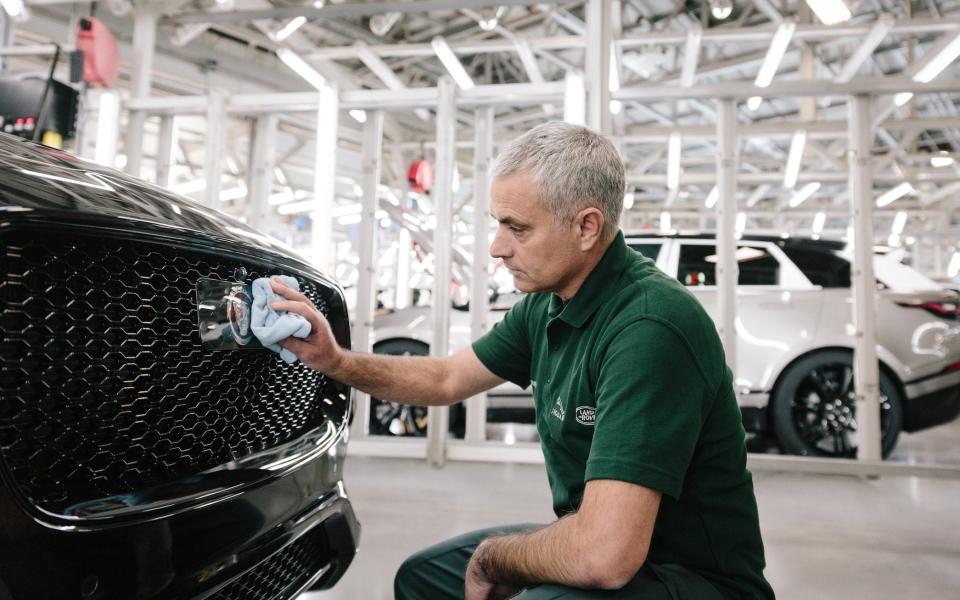Factories ramp up hiring to cope with surging demand

Britain’s factories increased their output at the fastest pace in more than four years as surging orders gave manufacturers a boost and pushed them to ramp up hiring again.
Export demand is particularly strong as the weak pound makes British goods competitive abroad, and order books have reached such a scale that backlogs grew in November for the first time in six months.
The purchasing managers’ index (PMI), compiled by IHS Markit, rose to 58.2 last month, the highest level since August 2013.
Any score of above 50 indicates growth, so this move up from 56.6 in October shows an acceleration in the manufacturing sector.
The output index hit 60.4, the new orders component rose to 60.9 and the employment part of the survey rose to 55.4 - indicating factories are taking on workers at the most rapid pace since June 2014.
This shows the UK’s manufacturers are not far behind those in the rapidly growing eurozone economies, where the sector’s PMI rose to 60.1 in November.
Demand from the eurozone is supporting the British economy, but it is not the only factor driving the resurgence.
Domestic demand is robust, and orders also increased from customers in the US, Middle East and Asia.
“On its current course, manufacturing production is rising at a quarterly rate approaching 2pc, providing a real boost to the pace of broader economic expansion,” said Rob Dobson, director at IHS Markit.
“The breadth of the rebound is also positive, with growth strengthening across the consumer, intermediate and investment goods industries.
“Of real note was a surge in demand for UK investment goods, such as plant and machinery, with new orders for these products rising to the greatest extent in over two decades. This suggests that capital spending, especially in the domestic market, is showing signs of renewed vigour.”
There are still some hazards in the market.
Manufacturing companies’ input prices are still rising rapidly - that component of the PMI slipped a touch on the month to 69.0, indicating sustained price pressures.
Some of those are being passed on to customers, which will feed into more inflation. The output price index hit 61.1, its highest level since April of this year.
If the strong performance in manufacturing is also evident in other sectors, economists hope for a recovery in GDP growth.
“This strong gain reinforces a fairly optimistic outlook for fourth quarter GDP growth. However, with manufacturing making up only 10pc of the economy, we shouldn’t get too excited just yet before we get the key services survey next week,” said Daniella Russell at Scotiabank.
“But if that does paint a similarly positive picture, then it would suggest that momentum is still strong as we head towards the end of the year – and perhaps growth in 2018 won’t be quite as bad as the Office for Budget Responsibility is forecasting.”
The official forecaster chopped its growth predictions last week on fears that productivity growth will remain weak for years to come.

 Yahoo Finance
Yahoo Finance 